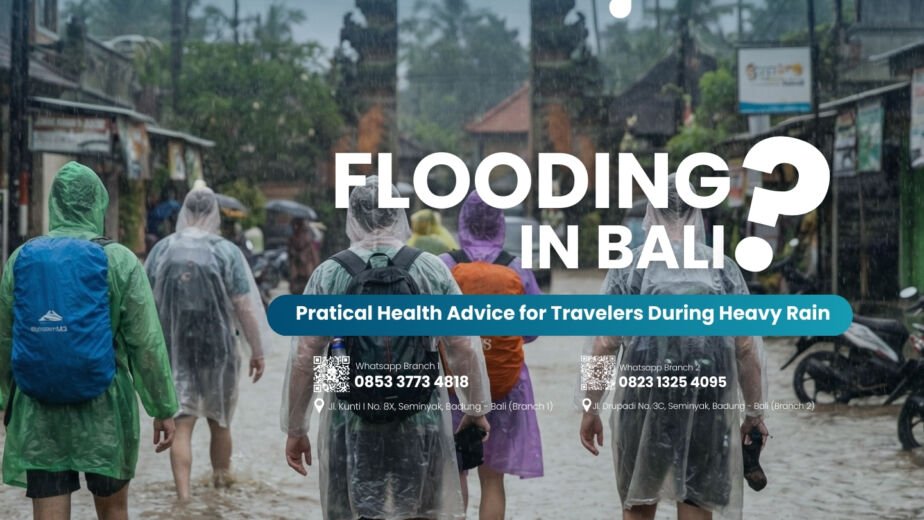What is the Wet Drought?
Wet droughts—when dry periods are interrupted by sudden heavy rain—are becoming more common due to climate change. This extreme weather, also known as climate whiplash, can increase health risks worldwide.
How Wet Droughts Affect Your Health
1. Water- and Food-borne Diseases
Sudden rain after droughts can contaminate water, spreading:
- Cholera
- Dysentery
- Leptospirosis
These diseases often follow floods in areas with poor sanitation.
2. More Mosquito-Borne Illnesses
Changes in heat and rain can lead to:
- Dengue
- Malaria
- Zika virus
Warm, wet conditions help mosquitoes multiply quickly.
3. Heat-Related Health Risks
Hot, dry spells during drought can cause:
- Dehydration
- Heatstroke
- Worsened heart and lung problems
Elderly people are especially at risk.
4. Mental Health Strain
Ongoing drought or floods may cause:
- Stress and anxiety
- Depression
- Sleep problems
Rural and low-income communities are most affected.
How You Can Stay Safe?
- Drink clean/ bottled water and avoid floodwater
- Wash hands regularly to prevent infections
- Protect from mosquito bites year-round
- Stay cool and hydrated in hot weather
- Take care of your mental health—talk to someone if you feel overwhelmed
- Keep surroundings clean to avoid disease outbreaks
Final Message
Extreme weather is now part of everyday life. Knowing how wet droughts affect your health can help you protect yourself and your family.
Your health matters, so talk to your provider if you’re unsure about anything.



